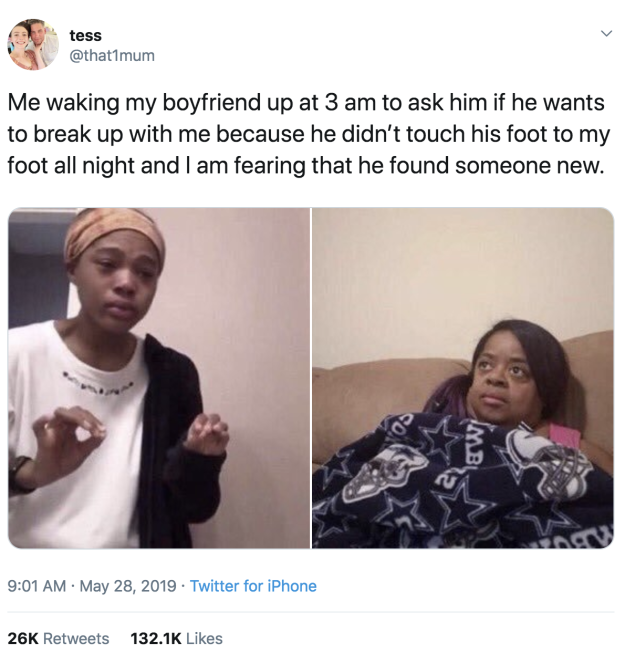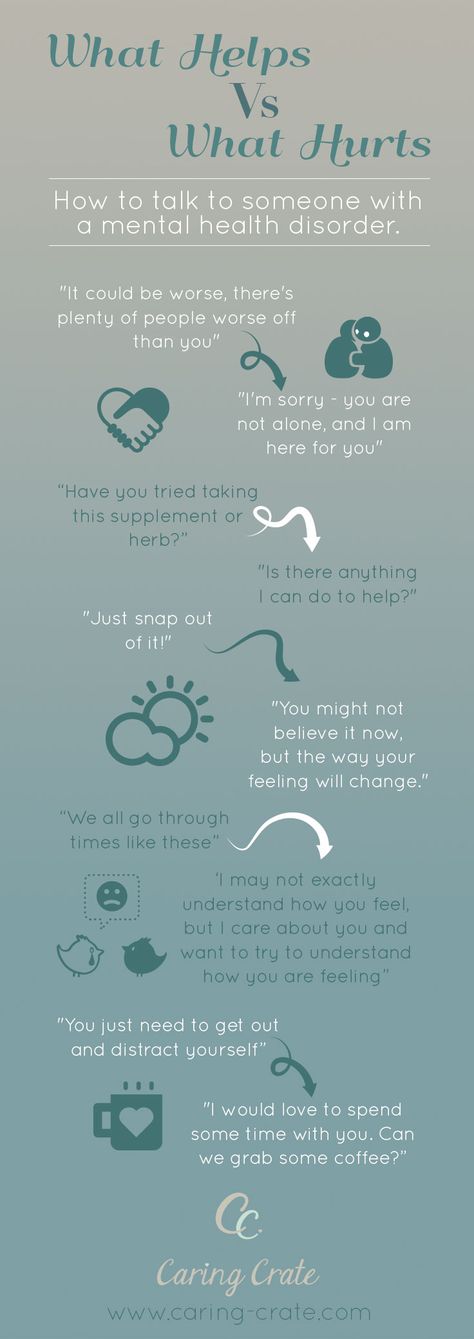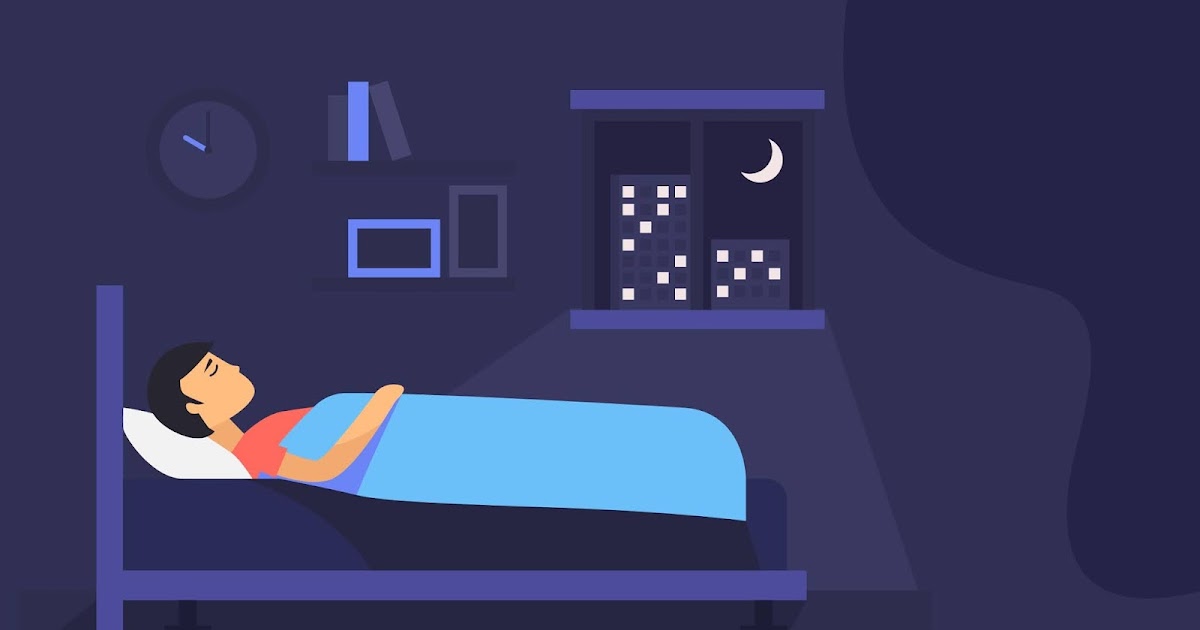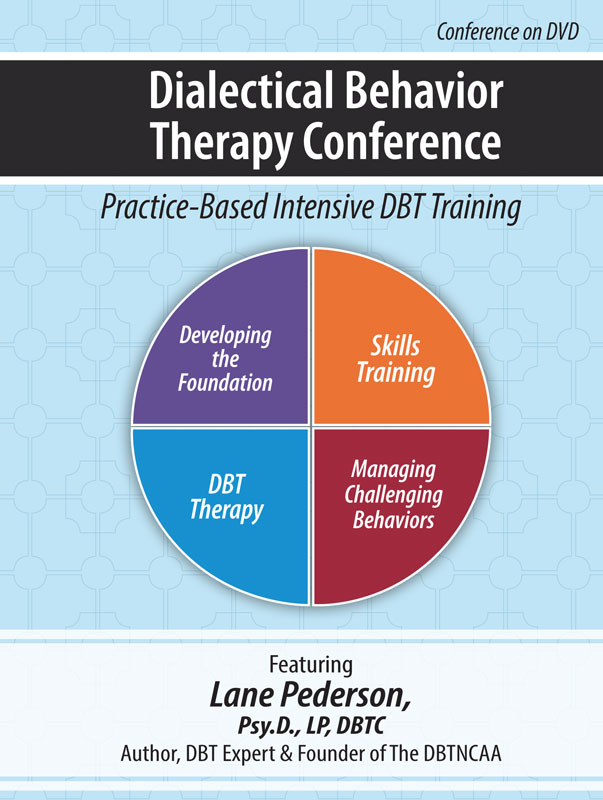Yelling and screaming in sleep
Symptoms, Causes, and How to Stop Them
Night terrors are recurring episodes where you might cry out, move around erratically, or show other signs of distress while you sleep. And unless a startled partner or roomie relays all the deets of your shouting and flailing — you might not know it’s even happening.
But wait, aren’t night terrors just a kid thing? Even though night terrors are more common in kids, an estimated 1 to 2 percent of adults get them, too. And since many people don’t remember these episodes, this figure could be higher.
If you’re an adult with night terrors, here’s what to know.
What causes night terrors in adults?
Scientists don’t exactly know what causes night terrors in adults ( or people of all ages). Mental health conditions, breathing issues, and other factors that impact sleep (e.g., restless leg syndrome and alcohol) may play a role.
Night terrors often begin with you sitting up and bed and crying out. These episodes can last from 45 to 90 minutes, though timing can vary a lot. Night terrors can also happen on the reg or just a few times a year.
Other night terror symptoms may include:
- screaming
- thrashing or flailing
- breathing rapidly
- staring blankly
- fast heart rate
- feeling flushed or sweaty
- appearing confused or disoriented
- jumping or running around
- becoming aggressive (especially if someone tries to stop you)
Most night terrors happen during non-rapid eye movement (NREM) sleep, which is basically a state between sleep and awake. In this state, you’re unlikely to wake up during the episode or recall WTF happened. But compared to kids, adults are more likely to get night terrors at any stage of the sleep cycle, which means they’re also more likely to remember what went down.
If an adult thrashes during a night terror, they may also injure themselves or anyone nearby.
Night terrors are a type of parasomnia — aka a sleep disorder that involves physical events or experiences that disrupt your Zzz’s.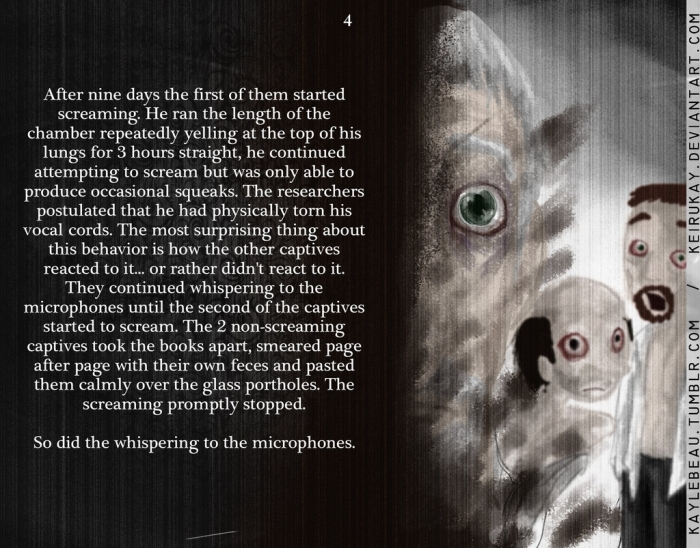
No one knows why so many kids (about 30 percent) get night terrors compared to just 2 percent of adults. Here’s a look at some potential night terror causes if you’re all grown up.
Mental health conditions
Some experts believe adults who have night terrors tend to live with mood-related mental health conditions like:
- depression
- anxiety
- bipolar disorder
Night terrors may also be associated with trauma or chronic stress.
But since there’s limited research on the link between night terrors and mental health conditions, we don’t know if it’s a legit cause.
Breathing issues
Respiratory conditions like sleep apnea could potentially boost your risk of having night terrors.
In a small 2003 study of 20 people, researchers found that those with disruptive sleep disorders (like night terrors) were more likely to experience breathing troubles while sleeping. Scientists think the extra effort needed to breathe might trigger arousals and abrupt wake-up calls that look like night terrors.
Though the research is limited, they could be onto something.
Other factors that affect sleep
The research on what causes night terrors is pretty murky, but other factors that *might* cause these dreamtime episodes include:
- restless leg syndrome
- sleep deprivation
- fatigue
- travel-related sleep disruptions
- meds like stimulants or antidepressants
- fever or illness
- alcohol use
They might both be frightening, but night terrors and nightmares aren’t one and the same.
Here are the main distinctions between the two:
- During a night terror, you’re unlikely to wake up. You’re much more likely to wake up during a nightmare.
- You’ll typically stay asleep during a night terror and won’t know what happened. When you wake up mid-nightmare, you’ll usually remember the gist of it. (Maybe that vampire was inches away from your neck, or your boss was just about to fire you!)
- Night terrors typically happen during NREM sleep.
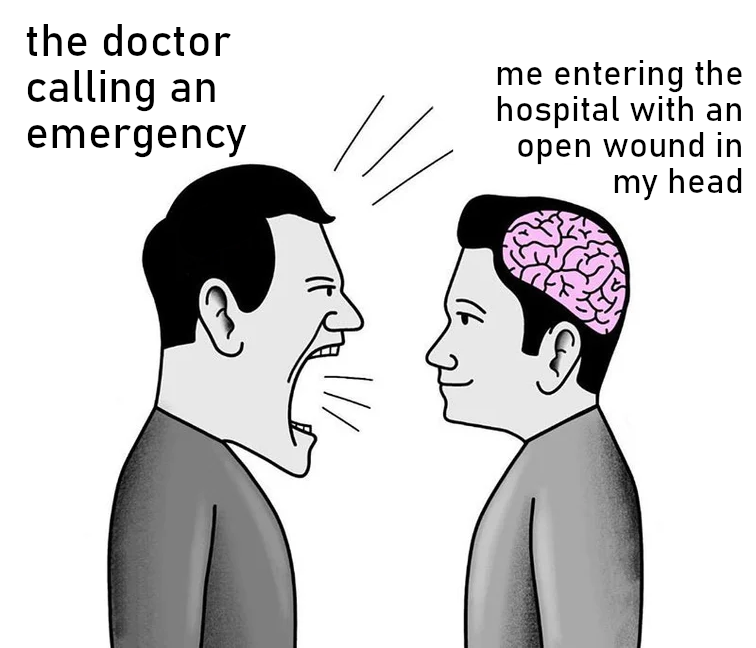 Meanwhile, nightmares usually happen during REM sleep.
Meanwhile, nightmares usually happen during REM sleep. - Your eyes will often be open during night terrors. Your eyes won’t look wide awake during your average nightmare.
While there’s currently no tried-and-true way to stop night terrors, the following prevention tips might help.
Create a healthy sleep routine
Getting more restful sleep on a regular basis might help halt your night terrors. To create a more peaceful sleep regimen, try these tips for better Zzz’s:
- Ban blue light at night. You’ve prob heard this one before, and that’s because it really helps! Try to turn off your TV, laptop, smartphone, and all other electronics at least an hour before bed. Blue light and excess stimulation before shuteye can disrupt your sleep rhythm.
- Relax and unwind. Try taking a bath, meditating, or reading a book before bed instead (preferably not true crime or a Stephen King novel!). Create a quiet, comfy, and dark space to sleep.
 Blackout curtains or white noise might help.
Blackout curtains or white noise might help. - Curb caffeine and alcohol. Limiting caffeine and alcohol — especially later in the day — might help you rest more easily and avoid sleep disturbances.
- Reserve your bed is for sleep and sex. Doing other things like working, watching TV, or taking stressful phone calls in bed can cause your brain to think that bedtime = awake time. Reserving your bed for sleep and sex may help create the cozy sanctuary you need to doze off more deeply.
Seek support from loved ones
If your night terrors tend to go down around a certain time, try setting an alarm or having a loved one wake you up about 15 minutes before an episode. Stay awake for about 10 minutes before falling back asleep.
Experts usually advise against rousing someone mid-episode, since there’s always the possibility that the person experiencing the night terror could react violently.
Alleviate stress and deal with trauma
Since night terrors could possibly signal underlying stress, trauma, anxiety, or depression, it may help to address these concerns. Some potential ways to heal include:
Some potential ways to heal include:
- visiting a therapist or another mental health professional
- meditating regularly
- practicing yoga
- hypnotherapy
- doing deep breathing exercises
- practicing mindfulness
How to help a partner with night terrors
- Don’t wake up your loved one mid-episode. They could become confused, upset, or violent.
- Lend nonphysical comfort. Talk to them in a calm, quiet voice. Maybe gently suggest that they return to bed.
- The day after the incident, try to offer support and understanding.
- Consider encouraging them to track episodes in a sleep journal, visit a therapist or doctor, or take up a mindfulness practice like meditation.
Night terrors aren’t technically a part of a diagnosable condition according to the American Psychiatric Association’s Diagnostic and Statistical Manual of Mental Disorders. Instead, they’re a combo of conditions like nightmare disorder, NREM sleep arousal disorder, and REM sleep behavior disorder.
Though night terrors don’t always require treatment, you may want to see a pro if you:
- feel they have a negative impact on you, your roommate(s), partner, or family
- often wake up still tired
- feel the episodes affect your day-to-day life
- think your actions during episodes could harm you or someone else
Visiting a sleep specialist or reaching out to a doctor or therapist may help you find the relief you need.
Night terrors are episodes that can cause you to shout, flail or do other things in your sleep. Even though they’re more common in children, adults get them, too.
No one knows for sure what causes night terrors, but underlying stress, anxiety, or other mental health conditions could play a role.
If you feel like your night terrors are negatively impacting your life or could harm you or a loved one, talking with a doctor, sleep specialist, or therapist may help you find the support you need.
Symptoms, Causes, and How to Stop Them
Night terrors are recurring episodes where you might cry out, move around erratically, or show other signs of distress while you sleep. And unless a startled partner or roomie relays all the deets of your shouting and flailing — you might not know it’s even happening.
And unless a startled partner or roomie relays all the deets of your shouting and flailing — you might not know it’s even happening.
But wait, aren’t night terrors just a kid thing? Even though night terrors are more common in kids, an estimated 1 to 2 percent of adults get them, too. And since many people don’t remember these episodes, this figure could be higher.
If you’re an adult with night terrors, here’s what to know.
What causes night terrors in adults?
Scientists don’t exactly know what causes night terrors in adults (or people of all ages). Mental health conditions, breathing issues, and other factors that impact sleep (e.g., restless leg syndrome and alcohol) may play a role.
Night terrors often begin with you sitting up and bed and crying out. These episodes can last from 45 to 90 minutes, though timing can vary a lot. Night terrors can also happen on the reg or just a few times a year.
Other night terror symptoms may include:
- screaming
- thrashing or flailing
- breathing rapidly
- staring blankly
- fast heart rate
- feeling flushed or sweaty
- appearing confused or disoriented
- jumping or running around
- becoming aggressive (especially if someone tries to stop you)
Most night terrors happen during non-rapid eye movement (NREM) sleep, which is basically a state between sleep and awake. In this state, you’re unlikely to wake up during the episode or recall WTF happened. But compared to kids, adults are more likely to get night terrors at any stage of the sleep cycle, which means they’re also more likely to remember what went down.
In this state, you’re unlikely to wake up during the episode or recall WTF happened. But compared to kids, adults are more likely to get night terrors at any stage of the sleep cycle, which means they’re also more likely to remember what went down.
If an adult thrashes during a night terror, they may also injure themselves or anyone nearby.
Night terrors are a type of parasomnia — aka a sleep disorder that involves physical events or experiences that disrupt your Zzz’s.
No one knows why so many kids (about 30 percent) get night terrors compared to just 2 percent of adults. Here’s a look at some potential night terror causes if you’re all grown up.
Mental health conditions
Some experts believe adults who have night terrors tend to live with mood-related mental health conditions like:
- depression
- anxiety
- bipolar disorder
Night terrors may also be associated with trauma or chronic stress.
But since there’s limited research on the link between night terrors and mental health conditions, we don’t know if it’s a legit cause.
Breathing issues
Respiratory conditions like sleep apnea could potentially boost your risk of having night terrors.
In a small 2003 study of 20 people, researchers found that those with disruptive sleep disorders (like night terrors) were more likely to experience breathing troubles while sleeping. Scientists think the extra effort needed to breathe might trigger arousals and abrupt wake-up calls that look like night terrors.
Though the research is limited, they could be onto something.
Other factors that affect sleep
The research on what causes night terrors is pretty murky, but other factors that *might* cause these dreamtime episodes include:
- restless leg syndrome
- sleep deprivation
- fatigue
- travel-related sleep disruptions
- meds like stimulants or antidepressants
- fever or illness
- alcohol use
They might both be frightening, but night terrors and nightmares aren’t one and the same.
Here are the main distinctions between the two:
- During a night terror, you’re unlikely to wake up. You’re much more likely to wake up during a nightmare.
- You’ll typically stay asleep during a night terror and won’t know what happened. When you wake up mid-nightmare, you’ll usually remember the gist of it. (Maybe that vampire was inches away from your neck, or your boss was just about to fire you!)
- Night terrors typically happen during NREM sleep. Meanwhile, nightmares usually happen during REM sleep.
- Your eyes will often be open during night terrors. Your eyes won’t look wide awake during your average nightmare.
While there’s currently no tried-and-true way to stop night terrors, the following prevention tips might help.
Create a healthy sleep routine
Getting more restful sleep on a regular basis might help halt your night terrors. To create a more peaceful sleep regimen, try these tips for better Zzz’s:
- Ban blue light at night.
 You’ve prob heard this one before, and that’s because it really helps! Try to turn off your TV, laptop, smartphone, and all other electronics at least an hour before bed. Blue light and excess stimulation before shuteye can disrupt your sleep rhythm.
You’ve prob heard this one before, and that’s because it really helps! Try to turn off your TV, laptop, smartphone, and all other electronics at least an hour before bed. Blue light and excess stimulation before shuteye can disrupt your sleep rhythm. - Relax and unwind. Try taking a bath, meditating, or reading a book before bed instead (preferably not true crime or a Stephen King novel!). Create a quiet, comfy, and dark space to sleep. Blackout curtains or white noise might help.
- Curb caffeine and alcohol. Limiting caffeine and alcohol — especially later in the day — might help you rest more easily and avoid sleep disturbances.
- Reserve your bed is for sleep and sex. Doing other things like working, watching TV, or taking stressful phone calls in bed can cause your brain to think that bedtime = awake time. Reserving your bed for sleep and sex may help create the cozy sanctuary you need to doze off more deeply.

Seek support from loved ones
If your night terrors tend to go down around a certain time, try setting an alarm or having a loved one wake you up about 15 minutes before an episode. Stay awake for about 10 minutes before falling back asleep.
Experts usually advise against rousing someone mid-episode, since there’s always the possibility that the person experiencing the night terror could react violently.
Alleviate stress and deal with trauma
Since night terrors could possibly signal underlying stress, trauma, anxiety, or depression, it may help to address these concerns. Some potential ways to heal include:
- visiting a therapist or another mental health professional
- meditating regularly
- practicing yoga
- hypnotherapy
- doing deep breathing exercises
- practicing mindfulness
How to help a partner with night terrors
- Don’t wake up your loved one mid-episode. They could become confused, upset, or violent.

- Lend nonphysical comfort. Talk to them in a calm, quiet voice. Maybe gently suggest that they return to bed.
- The day after the incident, try to offer support and understanding.
- Consider encouraging them to track episodes in a sleep journal, visit a therapist or doctor, or take up a mindfulness practice like meditation.
Night terrors aren’t technically a part of a diagnosable condition according to the American Psychiatric Association’s Diagnostic and Statistical Manual of Mental Disorders. Instead, they’re a combo of conditions like nightmare disorder, NREM sleep arousal disorder, and REM sleep behavior disorder.
Though night terrors don’t always require treatment, you may want to see a pro if you:
- feel they have a negative impact on you, your roommate(s), partner, or family
- often wake up still tired
- feel the episodes affect your day-to-day life
- think your actions during episodes could harm you or someone else
Visiting a sleep specialist or reaching out to a doctor or therapist may help you find the relief you need.
Night terrors are episodes that can cause you to shout, flail or do other things in your sleep. Even though they’re more common in children, adults get them, too.
No one knows for sure what causes night terrors, but underlying stress, anxiety, or other mental health conditions could play a role.
If you feel like your night terrors are negatively impacting your life or could harm you or a loved one, talking with a doctor, sleep specialist, or therapist may help you find the support you need.
Why dream of screaming - the meaning of sleep screaming from the dream book
Why dream of screaming
A dream in which you had to scream indicates your anxious state. Most likely, you are afraid of an upcoming test, doubt the correctness of your decision, languish in anticipation of the results of a medical examination, or worry about the fate of a loved one. The confusion that reigns in your soul will negatively affect relationships with others.
Do not drive off the anger that has accumulated lately on colleagues and friends. They are not to blame for the problems you are experiencing.
They are not to blame for the problems you are experiencing.
Screaming according to Miller's dream book
Hearing screams of suffering in a dream means that you will have big worries, but your discretion and sober mind will help you put things in order, which will have a healing effect on your state of mind.
If you dream of a screaming person, such a dream portends dubious pleasures that are likely to plunge you into a depressed state of mind, which will affect your business and heart life. nine0005
Hearing a cry of surprise in a dream means that you will receive unexpected help.
If you hear the cries of wild animals, then a serious accident with someone you know is possible ahead.
A cry for help when you recognize a familiar voice means the illness of the one who called you.
Shouting according to the newest dream book of G. Ivanov
Shouting - to changes in life; to the disease.
Shouting according to the Spring dream book
Shouting in a dream means trouble. nine0005
nine0005
Shouting according to the Summer Dream Book
Shouting in pain - not giving away your secret illness.
Shouting according to the Autumn Dream Book
Shouting from pain in a dream - to suffer from something in reality.
Screaming according to the Esoteric dream book
Screaming - from fear, grief to great joy. Calling will help you a lot.
Shouting according to the dream book of a modern woman
In general, the cry of a person in a dream portends dubious pleasures that are likely to plunge you into a depressed state of mind. nine0005
Hearing a cry of suffering in a dream - to numerous worries and troubles. Fortunately, your discretion and reasonable behavior will help you put things in order.
If you recognize the voice of a person calling for help, this portends the caller's illness.
Hearing a cry of surprise in a dream means that you will receive unexpected help.
Cries of wild animals - dreams of an accident with someone you know.
Shouting from the dream book of Evgeny Tsvetkov
Screaming - hard times, the harder it is, the louder and longer the scream.
Scream according to the Modern Dream Book
The dream in which you scream means that your illusions will be broken by the cruel truth of life.
Screaming according to the Eastern Dream Book
A dream in which you scream means that your illusions will be broken against the cruel truth of life.
Shouting according to the Noble Dream Book of N. Grishina
Shouting is an unusual fear; you will be the subject of ridicule. nine0005
Moaning very plaintively and bitterly - an accident.
Screaming from the dream book of the healer Akulina
You dreamed of Screaming - Doubtful pleasures can end too sadly. Imagine that you no longer have a reason to scream. Everything is fine. Ask for forgiveness from those you yelled at.
Screaming from the dream book of the sorceress Medea
Screaming (see also hear) - Screaming in fear - What you fear does not threaten you. Rest now will not hurt you Screaming, calling someone - you lack the friendly participation and warm attitude of loved ones. Invite friends to your home
Rest now will not hurt you Screaming, calling someone - you lack the friendly participation and warm attitude of loved ones. Invite friends to your home
Screaming according to Stuart Robinson's dream book
When it happens to scream loudly in a dream, the dream book believes that this is the very cry of the soul, which, due to circumstances, is not allowed to break out in reality. A dream reflects the accumulated negativity that does not find a way out in reality.
Shouting according to the Women's Dream Book
Shouting, screaming - In general, the cry of a person in a dream portends dubious pleasures, which, most likely, plunge you into a depressed state of mind. Hearing a cry of suffering in a dream - to numerous worries and troubles. Fortunately, your discretion and reasonable behavior will help you put things in order. If you recognize the voice of a person calling for help, this portends the illness of the caller. Hearing a cry of surprise in a dream means that you will receive unexpected help. The cries of wild animals dream of an accident with one of your friends. nine0005
Shouting according to a housewife's dream book
Shouting, shouting - a desire to be heard; big worries. A screaming person is a depressed state of mind that will affect business and heart life; cry of surprise - unexpected help; a cry for help is someone else's worries.
Screaming from an online dream book
If you scream in a dream, you live in an imaginary world, and it is difficult for you to accept the harsh reality.
This is how you express your fear – you worry in vain, nothing threatens you, just try to have fun. nine0005
Screaming from a dream book for a bitch
Screaming or hearing someone scream is a lot of worries and troubles, you will cope with them and get significant valuable life experience.
Seeing a screaming person - a bad mood will affect your work.
To see how a person screams, but not to hear him - nothing will interfere with the performance of work duties.
Shouting according to the dream book Veles
Shouting - victory / for worse; someone screams - family squabbles. nine0005
Screaming from a dream book 2012
Screaming is a reflection of a feeling of helplessness. Reflection of the desire to prove one's case (also the need and / or opportunity to do this).
Screaming according to the ABC of dream interpretation
Screaming in fear - what you fear does not threaten you. You can rest now.
Shouting, calling someone - you lack the friendly participation and warm attitude of loved ones. Invite friends to your home.
Dream come true today
Today
January 10,
Tuesday
Waning Moon
18 Lunar day
Moon in the zodiac lion
probability
Sleep execution:
77%
Similar Articles
How many people are reading the article: 1
How many views today: 37
How many views were total: 35563
What is the dream of Screaming from a dream book? To dream that you are screaming is the interpretation of dreams.
 nine0001
nine0001 Dream Interpretation interpretation of dreams for free according to 125 dream books » K
Why do you dream of screaming
If you dream that you are screaming - according to the dream book, imprudent actions can make you the object of ridicule. Seeing in a dream how another person screams - to the unexpected occurrence of difficulties that you will overcome thanks to your prudence. If you dreamed that a familiar person was screaming for help, this portends his imminent illness.
Why did you dream that you were screaming
Screaming - If you dream that you are screaming, it means that you have hidden or obvious fears. But as soon as you remember that perhaps many of your fears do not pose any threat, but you very much think up various nasty things and bad outcomes for yourself. The best way to get rid of this condition is to talk through all your experiences with someone very close to you. If in your dream you screamed very loudly, then in real life you will be able to overcome all your fears, which greatly prevent you from moving on. If your cry was barely audible, then you are very weak in spirit, it is easier for you to measure your position, even if it does not suit you, than to fight for a happy future. nine0005
If your cry was barely audible, then you are very weak in spirit, it is easier for you to measure your position, even if it does not suit you, than to fight for a happy future. nine0005
Screaming loudly in a dream
If you hear a loud scream in your dream or you scream like that yourself, it promises to get rid of many troubles and fears on your life path. What oppresses you will go away without any consequences for you.
Joyful cry in a dream
Screaming - The interpretation of such a dream is that in real life you simply lack emotional release. You are so used to living in some kind of established framework that you simply cannot afford to go beyond them. It is possible that you do not allow yourself to openly express your feelings. nine0005
Screaming in fear
If in a dream you were screaming in horror or fear, this may indicate that there is too much tension in your life. You sometimes get so tired of what is happening around you that you feel angry, or even angry.
I am screaming, but there is no voice
If in your dream you are trying to scream, but you cannot hear your voice, this is a sign that you are trying to do everything that is necessary so that other people hear you. It is possible that in real life you lack understanding from those around you or people close to you. Maybe your voice and your opinion is simply not important to them, as they consider you incompetent in many matters. nine0005
Why do you dream of screaming help?
If in a dream you scream and ask for help, then soon you will have such a situation that you will have to ask for help from people you know. If you hear a cry for help and come to the call, then in real life you will be able to overcome any difficulties, but if you hear a cry, but stay away, know that you will have a series of problems ahead of your life path.
Why dream of Screaming from Miller's dream book
Screaming - Hearing in a dream how they scream from suffering - means that you will have great worries, but your discretion and sober mind will help you put things in order, which will have a healing effect on your state of mind.
If you dream of a screaming person, such a dream portends dubious pleasures that are likely to plunge you into a depressed state of mind, which will affect your business and heart life.
Hearing a cry of surprise in a dream means that you will receive unexpected help. - if you hear the cries of wild animals, then a serious accident with someone you know is possible ahead. A cry for help when you recognize a familiar voice means that the one who called you is feeling unwell. nine0005
Why dream of Screaming // Small Velesov dream book
Screaming - Victory // for worse; someone screams - family squabbles.
Screaming: Tsvetkov's dream book
Why dream of screaming - Hard times, the harder, the louder and longer the scream.
What does it mean to Shout according to the Wanderer's dream book
Shout - Hard times or exaggerated danger.
Esoteric dream book: Screaming
Screaming - From fear, screaming grief - to great joy. Calling will help you a lot. nine0005
Calling will help you a lot. nine0005
Screaming according to A.Tikhomirov's dream book
Screaming in fear - What you fear does not threaten you. You can rest now. Shouting, calling someone - you lack the friendly participation and warm attitude of loved ones. Invite friends to your home
Why dream of Screaming at the interpreter of dreams according to N. Stepanova
Screaming - In general, the cry of a person in a dream portends dubious pleasures that are likely to plunge you into a depressed state of mind.
Hearing a cry of suffering in a dream - to numerous worries and troubles. Fortunately, your discretion and reasonable behavior will help you put things in order.
If you recognize the voice of a person screaming for help, this portends that the caller is feeling unwell.
Hearing a cry of surprise in a dream means that you will receive unexpected help.
The screams of wild animals dream of an accident with someone you know.
Screaming // Phoebe's dream book
Dreamed of screaming - Hearing screams of suffering in a dream means that you will have big worries, but your prudence and sober mind will help you put things in order, which will have a healing effect on your state of mind. If you dream of a screaming person, such a dream portends dubious pleasures that will plunge you into a depressed state of mind, which will affect your business and heart life. Hearing a cry of surprise in a dream means that you will receive unexpected help. If you hear the cries of wild animals, then a serious accident with someone you know is possible ahead. nine0005
Why dreamed Screamers // dream book of Simeon Prozorov
Screaming - Doubtful pleasures can end too sadly. Imagine that you no longer have a reason to scream. Everything is fine. Ask for forgiveness from those you yelled at.
Screaming in a dream book for the whole family E. Danilova
Why dream of screaming, a scream is a desire to be heard; big worries. A screaming person is a depressed state of mind that will affect business and heart life; cry of surprise - unexpected help; a cry for help is someone else's worries. nine0005
A screaming person is a depressed state of mind that will affect business and heart life; cry of surprise - unexpected help; a cry for help is someone else's worries. nine0005
Why dream of Screaming at the interpreter of dreams according to N. Stepanova
For those born from January to April:
Screaming in a dream means trouble.
For those born from May to August:
To cry out in pain is not to betray one's secret illness.
For those born from September to December:
Screaming from pain in a dream - to suffer from something in reality.
Video: Why dream of Shouting
September 21, 2022 at 11:53 © Muravieva L.V. nine0005
© Photo: ru.depositphotos.com
Add a comment
To find out what a woman dreams about screaming or why a man had this dream, tell the events and images of the dream in the comments, and our dream interpreters will help you unravel the plot.




